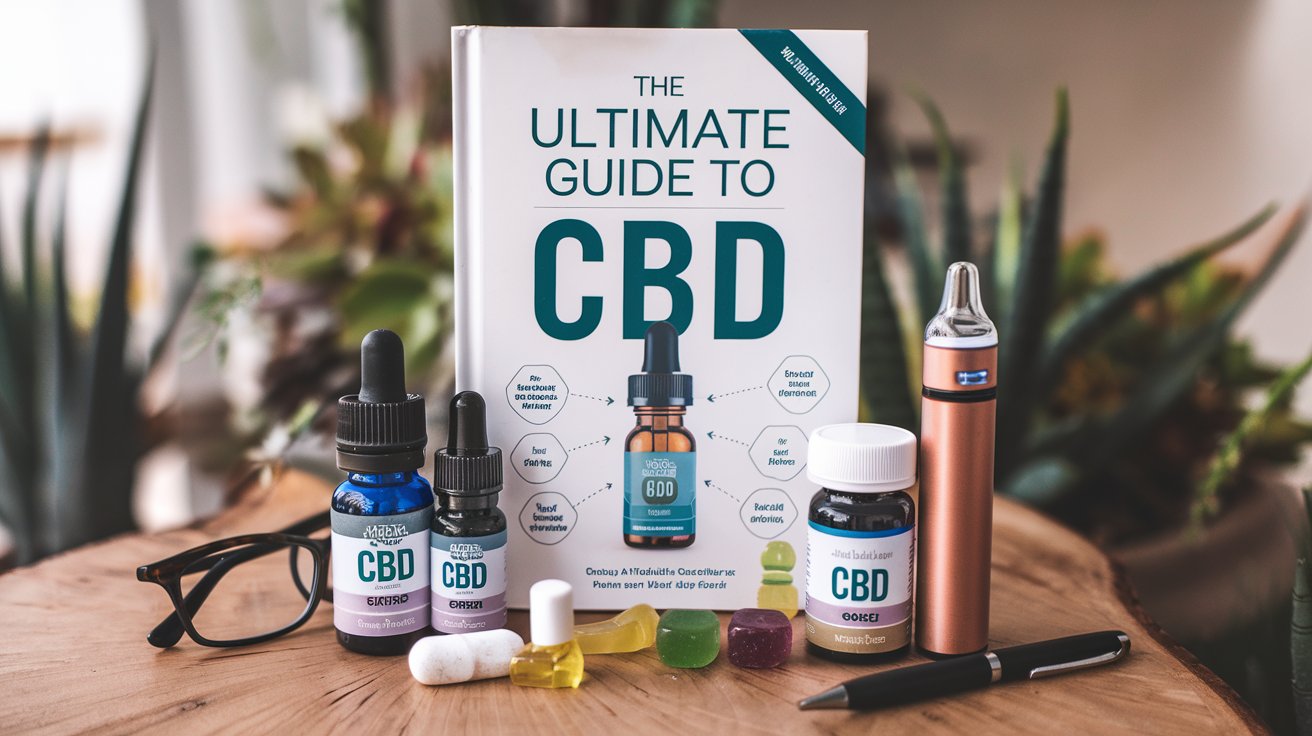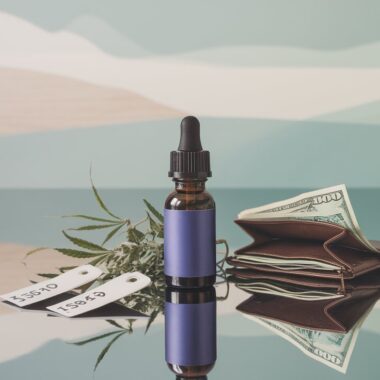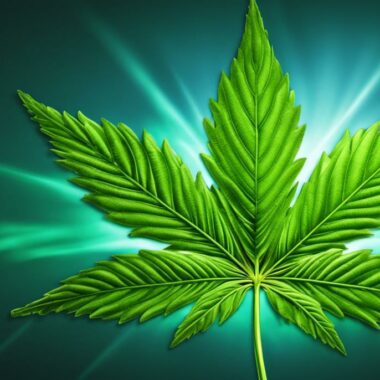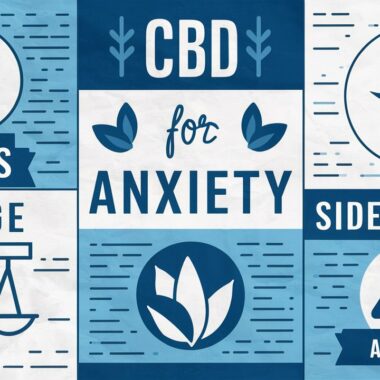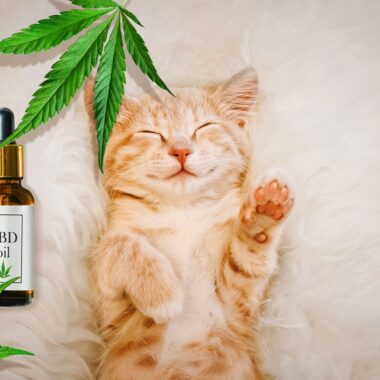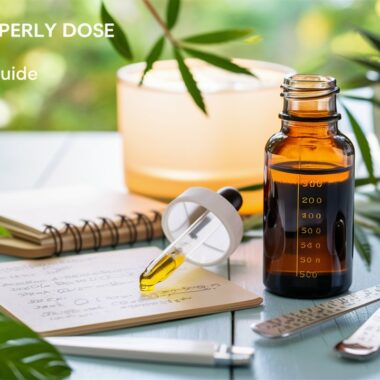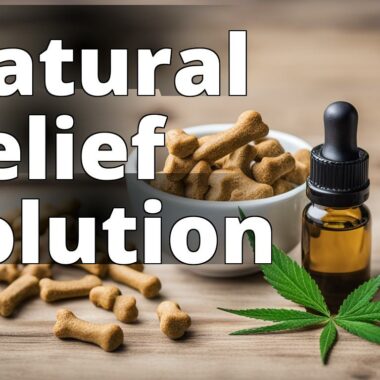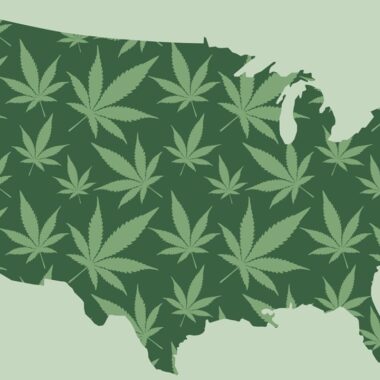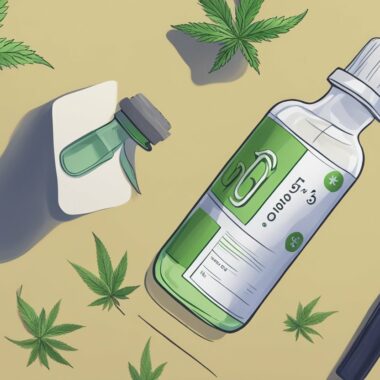Unraveling the Mystery of CBD
Cannabidiol, or CBD, is a non-psychoactive compound extracted from cannabis sativa plants, including hemp and marijuana. Unlike its psychoactive counterpart, THC, CBD won’t induce a “high.” To understand the significance of this distinction, let’s delve into the plant’s composition:
- Hemp plants boast higher CBD levels (and minimal THC, typically under 0.3%)
- Marijuana plants, on the other hand, contain more THC and less CBD
This critical difference has significant implications for the legality of CBD products.
Harnessing the Power of CBD for Wellness
Individuals are increasingly turning to CBD to alleviate:
- Anxiety and Depression: Explore the potential of CBD in influencing serotonin receptors for a more natural approach to mental wellness.
- Chronic Pain Management: Discover how CBD interacts with the endocannabinoid system to reduce inflammation and discomfort.
- Neurological Disease Prevention: Learn about the promising neuroprotective properties of CBD.
Notably, CBD’s efficacy in preventing seizures led to the FDA’s approval of Epidiolex, a prescription medication.
Navigating the Complex Legal Landscape of CBD in the US
The 2018 Farm Bill legalized industrial hemp production and sale federally but with a caveat: THC levels must remain below 0.3%. However, the FDA’s stance on CBD, influenced by the drug exclusion rule (preventing pharmaceuticals from being added to interstate food and supplements), introduces complexity. State regulations further muddy the waters, with laws varying from embracing CBD to imposing strict controls or bans.
Staying Ahead of the Curve: Choosing Reputable CBD Products
When selecting CBD products, prioritize:
- Third-Party Lab Testing: Verify THC limits and purity standards for safety and effectiveness.
- Transparent Brands: Opt for brands that provide comprehensive testing results, ensuring you’re getting a high-quality product.
Unlocking Business Potential with Private Label CBD
Private label CBD offers a unique opportunity for businesses to craft bespoke products that align with their brand identity. Unlike white-label CBD, this approach enables:
- Brand Differentiation: Develop exclusive formulations and packaging that showcase your brand’s vision.
- Customization: Exercise control over every aspect, from ingredients to packaging design.
- Quality Assurance: Partner with reputable manufacturers for high-quality, third-party-tested products.
Spotlight on Top Private Label CBD Manufacturers in Europe
Discover the unique strengths of leading European manufacturers:
- Essentia Pura: Excels in CBD extraction and formulation, offering comprehensive services.
- PureKana: Renowned for high-quality, organically grown hemp products and dedication to compliance.
- CBDfx: Stands out for extensive private label services, high-quality ingredients, and rigorous testing.
- PharmaHemp: Specializes in thorough third-party testing for purity and potency.
- Biobloom: Focuses on organic, full-spectrum CBD products and sustainable practices.
Launching a Successful CBD Oil Business: A Step-by-Step Guide
Embark on your CBD oil business journey with confidence:
- Craft a Comprehensive Business Plan: Outline your mission, goals, and unique value proposition.
- Develop a Targeted Sales Strategy: Identify your audience and tailor marketing efforts to resonate with them.
- Plan Effective Marketing Tactics: Leverage social media, event sponsorships, and informative materials.
- Define Your Product Line: Highlight the benefits of each CBD product.
- Choose an Extraction Method:
- CO2: High-quality, pure CBD oil (more costly)
- Ethanol: More affordable, but may affect taste and color
- Lipid: Uses organic fats, appealing for all-natural lines (limited scalability)
- Implement Rigorous Quality Assurance: Third-party lab testing ensures trust and compliance.
- Stay Informed About the Evolving Legal Landscape
Industry Outlook: The CBD industry is projected to reach $16 billion in the US by 2025 (Cowen & Co.). By following these guidelines, you’ll be well-positioned to build a thriving, sustainable CBD oil business.
- What is the cheapest way to take CBD oil? - October 24, 2024
- How Long Does CBD Last: A Comprehensive Guide - October 22, 2024
- The Comprehensive Guide to CBD: Unlocking its Potential - October 21, 2024

